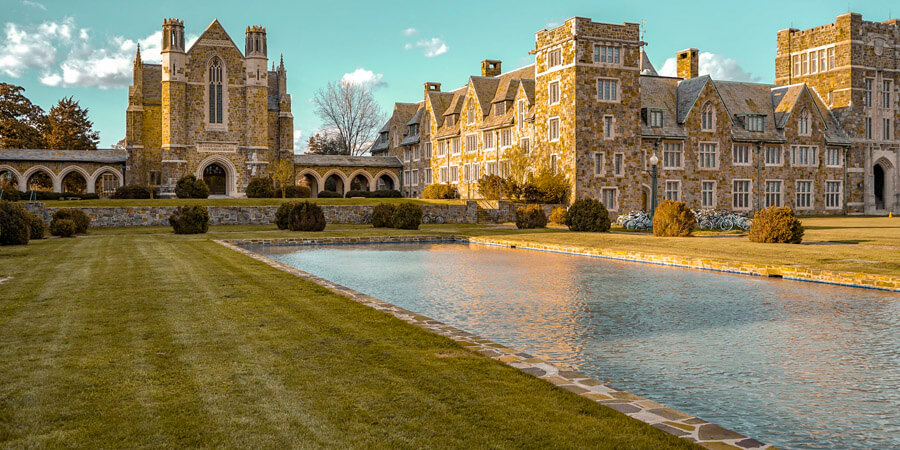Landmarks in Athena’s history
Overview
Explore nearly four centuries of history
Pritzker Prize–winning Italian architect Renzo Piano and his team transformed the interior of the existing 20th-century building, designed by Australian architect John Andrews. This dynamic learning environment welcomes in the surrounding community through a bright public entry with sweeping views into three of the school’s performance spaces.
1600s: Our early origins
1700s: Athena and American revolution
1800s: A century of growth
1900s: A century of progress
2000s: Rapid evolution and breakthrough discovery
1694
Situated on 13.7
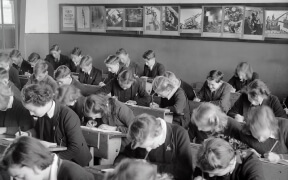
Rutherford B. Hayes, future U.S. president, graduates from the Law School.
1700
Situated on 13.7

John Collins Warren, Medical School professor, conducts first public demonstration of ether as surgical anesthetic.
1754
Situated on 13.7

Dr. George Parkman disappeared at the Medical School in one of the most famous murder cases in Harvard history. Earlier, Parkman had lent money to colleague Dr. John White Webster. To secure the loan, Webster gave Parkman a mortgage on his personal property, including a valuable collection of minerals. When Parkman learned that Webster had backed another loan with the same collection, he began relentlessly pursuing Webster to collect the debt. A week after the disappearance, a suspicious janitor broke through a brick vault below Webster’s lab and found human body parts.
1788
Situated on 13.7
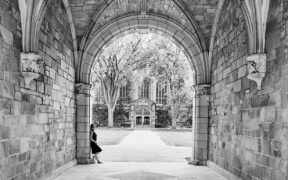
Harvard wins first intercollegiate sports event, a boat race against Yale on Lake Winnipesaukee.
1990
Situated on 13.7
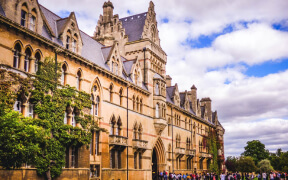
The Massachusetts Constitution went into effect and officially recognized Harvard as a university. The first medical instruction given to Harvard students in 1781 and the founding of the Medical School in 1782 made it a university in fact as well as name.
1994
Situated on 13.7

Twenty-nine-year-old John Warren was appointed Professor of Anatomy and Surgery at the Medical School. During the previous year while head of the army hospital in Boston, he had given Harvard students their first formal medical instruction. Benjamin Waterhouse was named to a second Medical School professorship, in the “Theory and Practice of Physic.”
1999
Situated on 13.7

With high ceremony, Harvard Medical School officially opened as the “Medical Institution of Harvard University.” Its first home was the ever-versatile Holden Chapel.
2010
Situated on 13.7
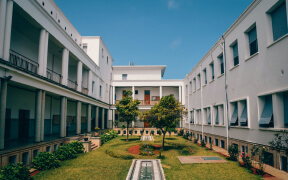
A writer in the Boston press accused Harvard of poisoning students’ minds with Edward Gibbon’s monumental “History of the Decline and Fall of the Roman Empire” (1776-88). President Joseph Willard replied that far from even considering Gibbon, the College used a text by French historian Abbé Millot. Nathaniel Ames, who left Harvard around 1812, recalled Millot’s as “the most utterly worthless and contemptible work of that kind or any other extant.”












